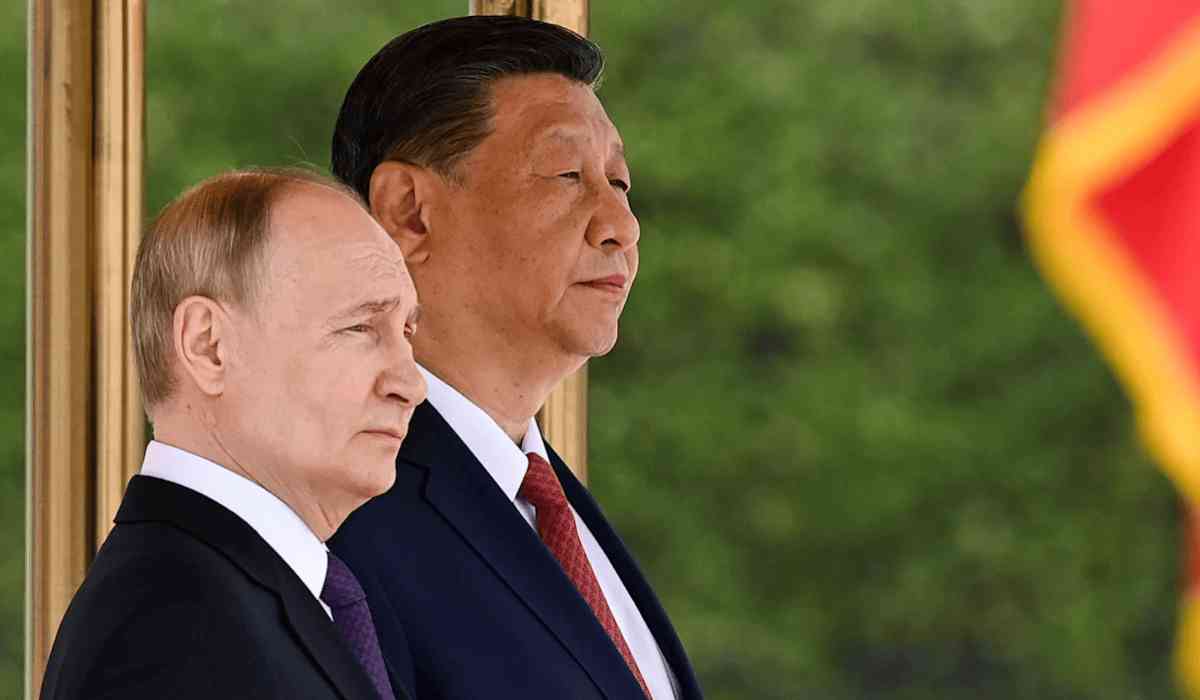In a surprising development that has stirred global political circles and triggered a wave of speculation, Chinese President Xi Jinping—a dominant figure in global politics for over a decade—has chosen to skip the 17th BRICS Summit held in Rio de Janeiro, Brazil, marking his first-ever absence from the annual gathering since he came to power in 2012. While the Chinese government cites a “scheduling conflict,” a deeper look reveals signs of internal recalibration in Beijing, hinting at something far more significant: the possible beginning of a power transition in China.
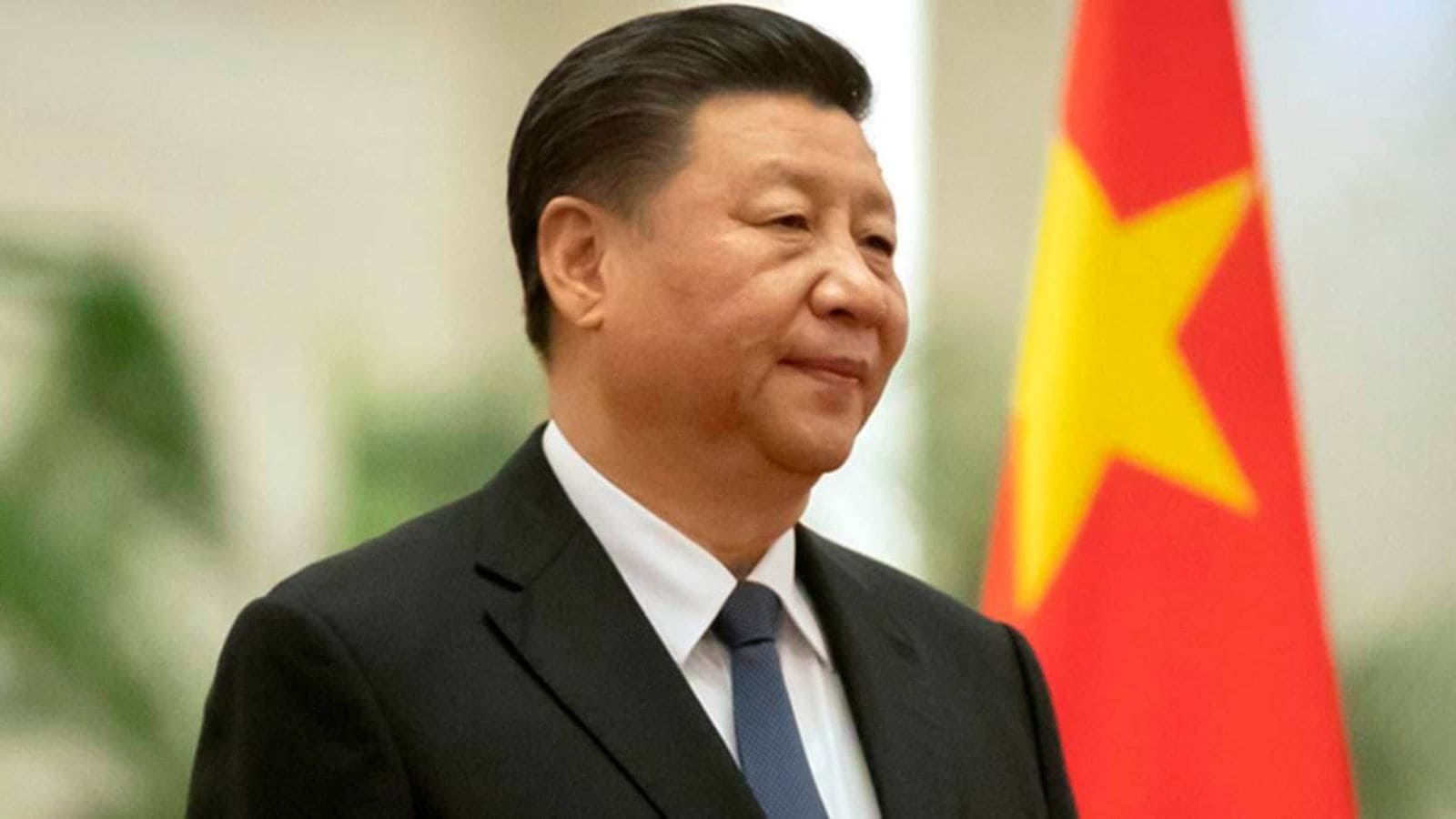
Xi’s First-Ever BRICS No-Show: More Than Just a Scheduling Conflict?
The BRICS Summit, which convened on July 6, 2025, brought together major developing economies—Brazil, Russia, India, China, and South Africa—along with new entrants like Egypt, Ethiopia, Iran, the United Arab Emirates, and Indonesia. As world leaders gathered in Brazil to discuss economic cooperation and challenge Western dominance, the notable absence of Xi Jinping and his Russian counterpart Vladimir Putin cast a shadow over the summit’s cohesion and credibility.
Beijing officially stated that Premier Li Qiang would represent China due to scheduling conflicts. However, political analysts across the globe believe that this excuse is merely a smokescreen for more serious domestic considerations. China is grappling with mounting internal challenges: an economic slowdown, declining industrial profits, a collapsed real estate market, and a prolonged trade war with the United States, now reignited by U.S. President Donald Trump's new tariff threats. With $440 billion worth of Chinese exports to the U.S. under pressure, the stakes couldn’t be higher.
Amid these economic tremors, Xi's decision to stay home rather than attend a globally significant summit signals a growing preoccupation with internal affairs. Many experts suggest that BRICS may simply not be a priority right now for a leader fighting to stabilise his own political and economic landscape.
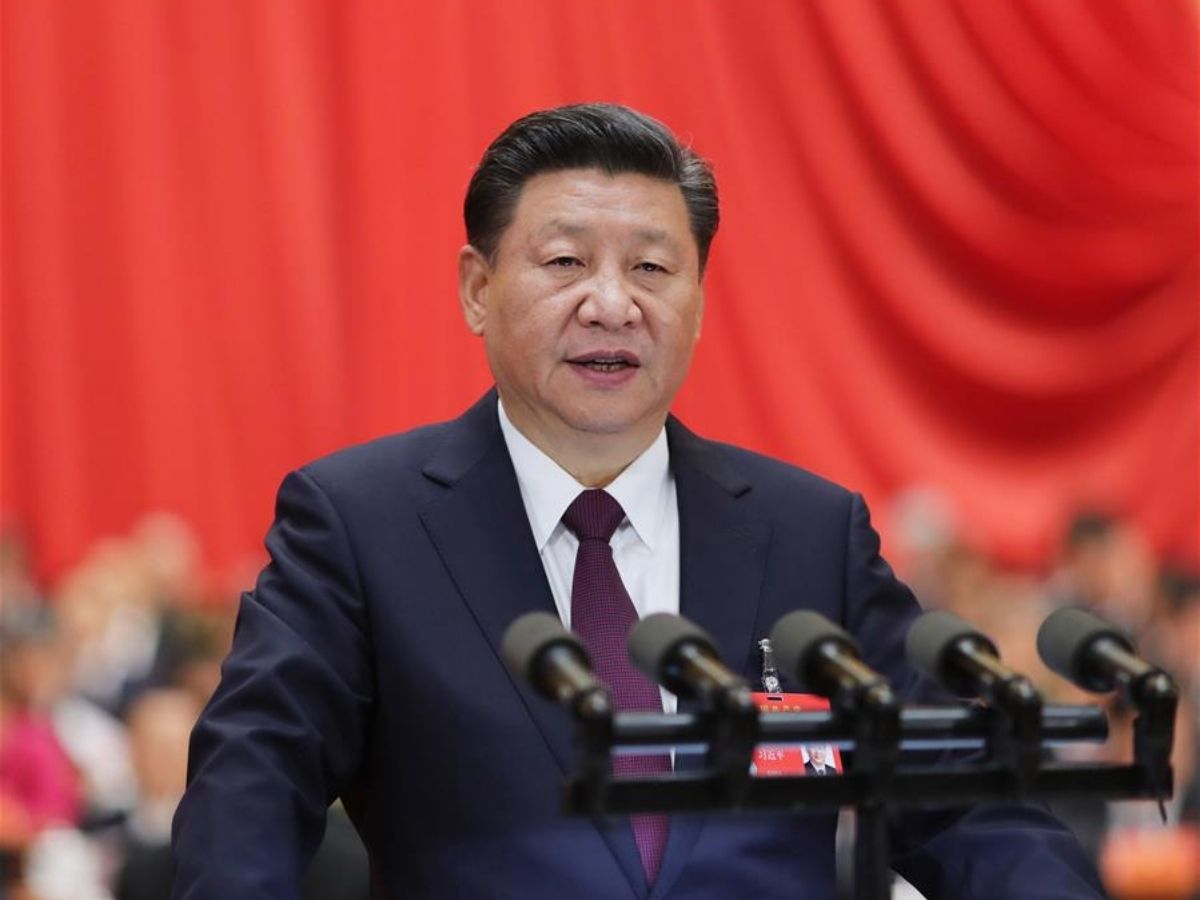
Behind Closed Doors: Is a Power Transition Underway in China?
Adding fuel to the speculation is the recent political activity within China’s ruling Communist Party. On June 30, 2025, the powerful 24-member Political Bureau of the CPC held a pivotal meeting chaired by Xi himself. The meeting reviewed a new set of regulations aimed at standardising the responsibilities and operations of key party institutions.
While such bureaucratic refinements may appear routine, seasoned China-watchers see them as a potential blueprint for a transition of power. A China-based political analyst, speaking to the South China Morning Post, suggested that these rules are likely being laid out as groundwork for a “key time of power transition.” For a man once thought to be “president for life,” this sudden interest in distributing power raises more than a few eyebrows.
Political dissidents and party insiders alike speculate that Xi could be preparing to retire or, at the very least, shift into a ceremonial role. After dominating China's political landscape for over 12 years—amassing unprecedented control over the party, government, and military, abolishing presidential term limits, and being crowned the "core leader"—Xi's gradual delegation of power marks a significant departure from his usual style.
Victor Shih, an expert on Chinese elite politics at the University of California San Diego, interprets these shifts as Xi stepping away from micromanagement while ensuring that his overarching policies are still implemented by lower-level officials. “It does seem that Xi might pay less attention to day-to-day details, which necessitates a policing mechanism,” he noted.
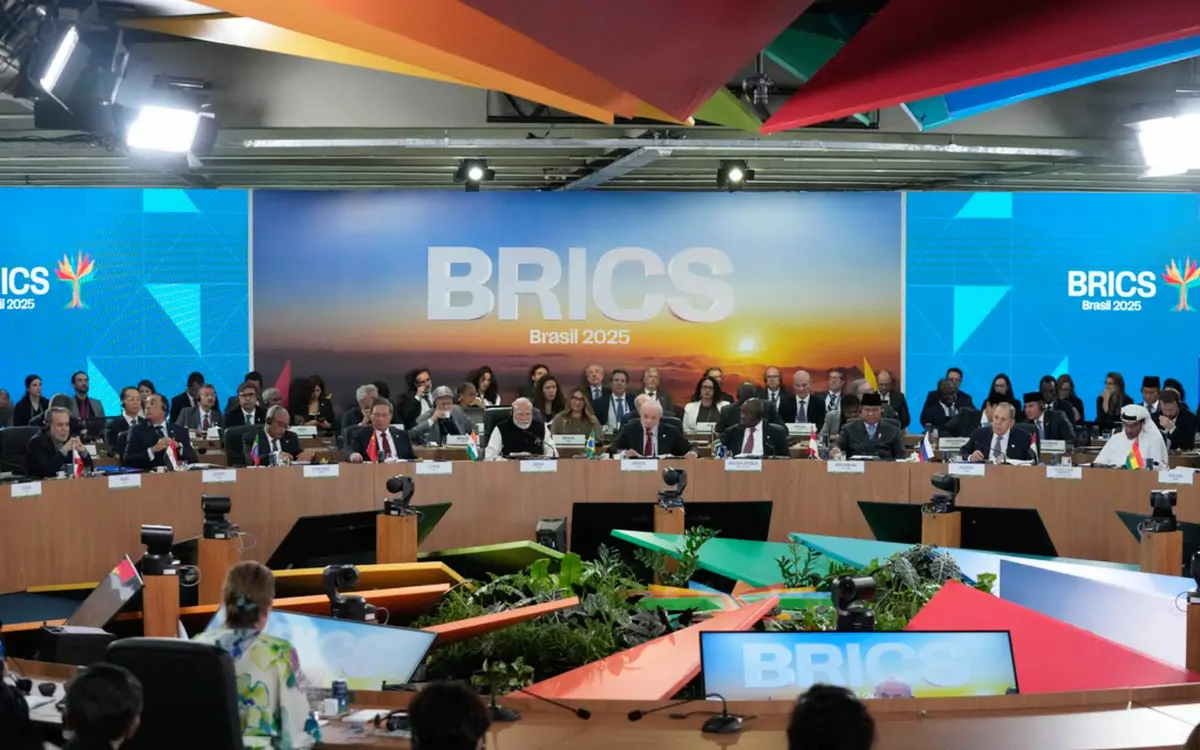
The Disappearance That Sparked Rumours
Xi’s absence from the BRICS summit follows another mysterious episode that further stoked speculation: a complete disappearance from public view between May 21 and June 5, 2025. No official reason was given, and in the tightly controlled world of Chinese politics, such a blackout is highly unusual for a sitting president. The silence only intensified theories about internal dissent, health issues, and even the possibility of being sidelined by powerful party elders—including Hu Jintao, his predecessor, who Xi famously humiliated during the 20th Party Congress in 2022.
Some suggest that internal dissatisfaction with Xi’s handling of the COVID-19 crisis, economic mismanagement, and aggressive foreign policies has led to renewed calls within the party for a change in leadership. Whether these claims hold water or not, the August plenary session of the CPC is shaping up to be a critical juncture. It could either solidify Xi’s grip on power or set the stage for his formal departure.
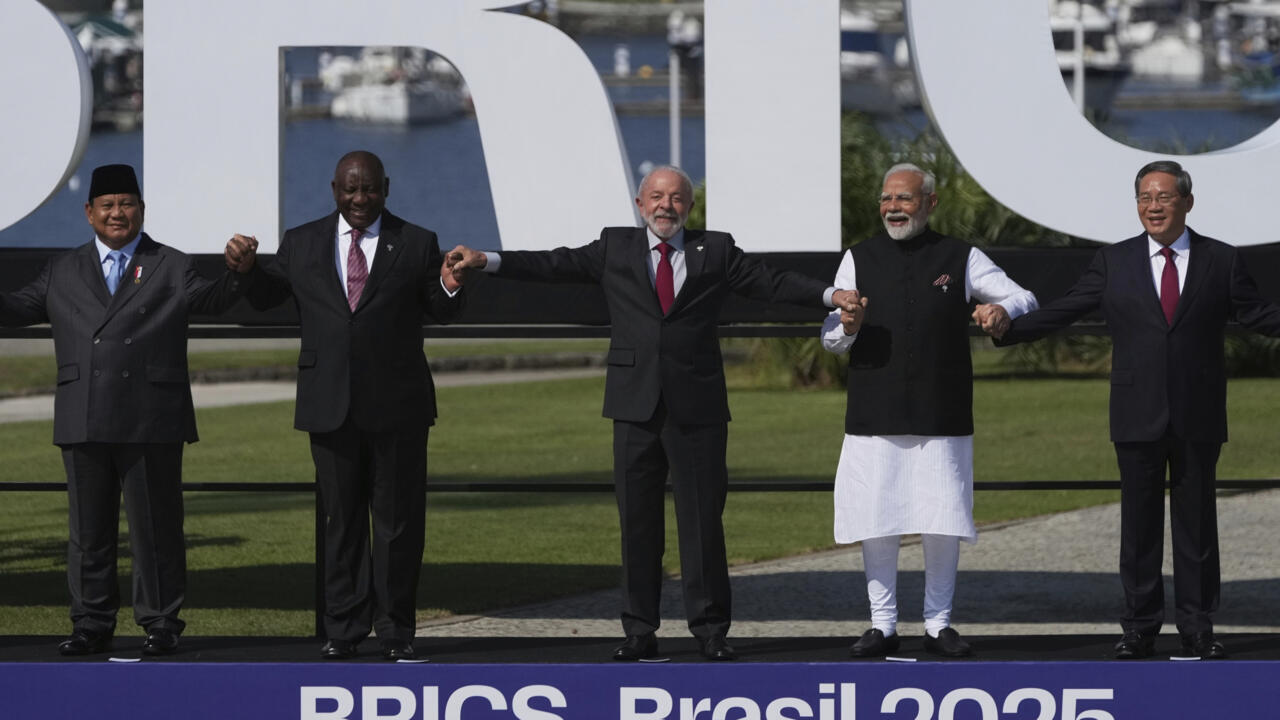
Divisions Within BRICS: Another Reason for Xi’s Strategic Retreat?
Interestingly, another plausible explanation for Xi’s no-show is rooted in the changing dynamics of BRICS itself. The group, initially comprising Brazil, Russia, India, and China—later joined by South Africa—was once seen as a robust counterweight to Western institutions like the G7. However, its rapid expansion in 2024 to include Egypt, Iran, Ethiopia, Indonesia, Saudi Arabia, and the UAE has diluted its ideological coherence.
With member nations now holding vastly different political ideologies, economic models, and foreign policy goals, BRICS has shifted toward a loose coalition rather than a united front. Disagreements over the Gaza conflict and recent strikes on Iran have further exposed internal fissures. For Xi, whose influence thrives in tight, controlled environments, this disunity may have offered little incentive to attend the summit.
Moreover, China’s broader geopolitical ambitions seem to be at odds with the current trajectory of BRICS. Brazil, under President Lula da Silva, is pushing for pragmatic global governance reform, including initiatives on green energy, vaccine cooperation, and fair trade. These topics may not align seamlessly with Beijing’s strategic agenda, possibly motivating Xi to pull back.
Putin’s Absence: Another Blow to BRICS Unity
Russian President Vladimir Putin’s absence, though expected due to the ICC arrest warrant over alleged war crimes in Ukraine, further weakened the credibility and clout of this year’s BRICS gathering. While Putin joined the summit via video link, his physical absence—coupled with Xi’s—was a glaring omission that risked undermining the very foundation of BRICS as a united front against Western hegemony.
Brazil, a signatory to the ICC, would have faced diplomatic embarrassment had Putin attended in person. This legal and geopolitical tightrope likely played a role in Putin’s decision to stay away, thereby adding another layer of complexity to the summit.
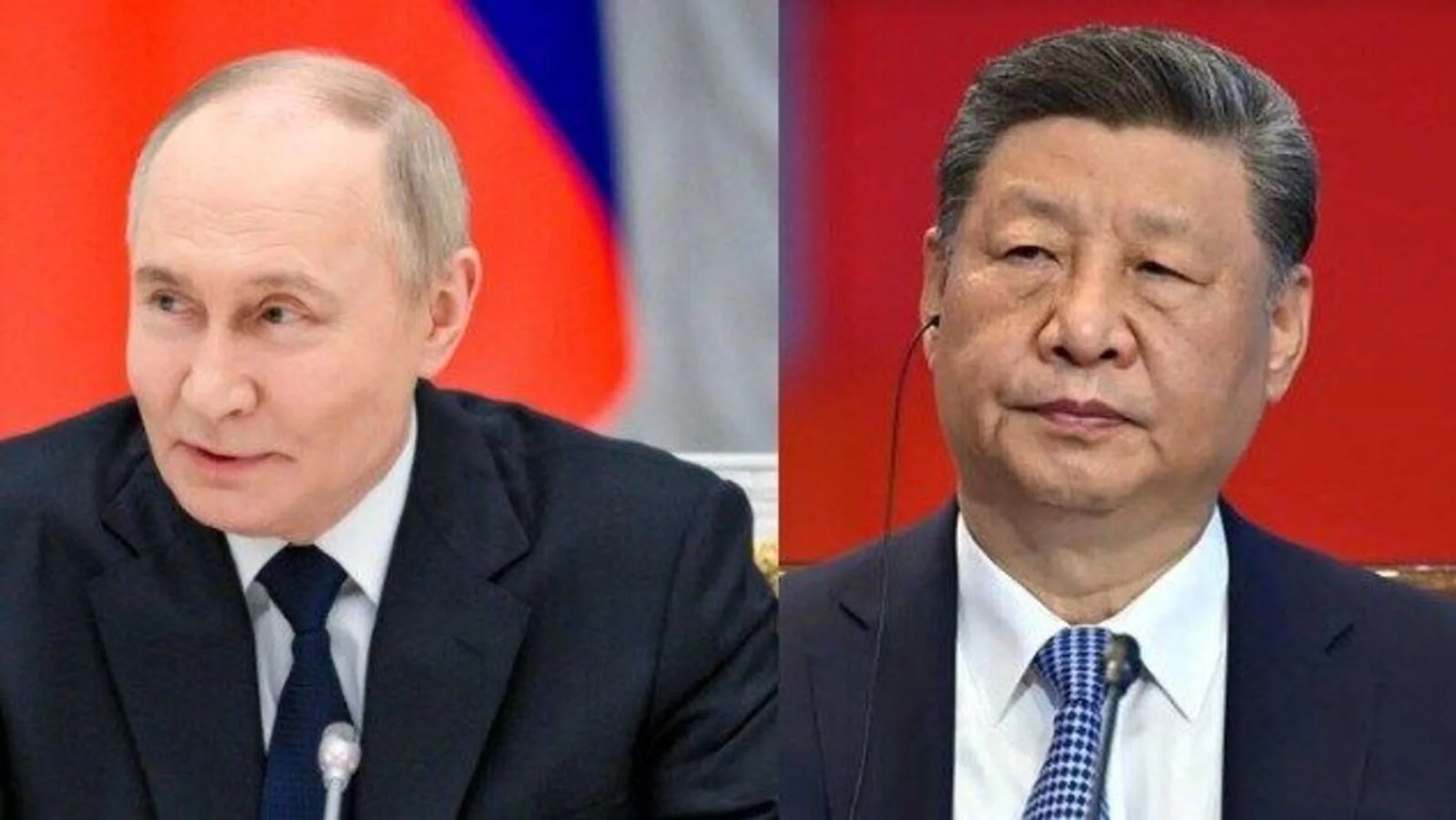
Global Implications: A Shifting Balance of Power
Xi Jinping’s absence at BRICS 2025 is more than just a diplomatic footnote—it’s a symbol of shifting tides within China and the global order at large. The no-show cost Beijing a major opportunity to assert itself as the leader of the Global South and a counterweight to Western dominance. With both China and Russia—the bloc’s strongest members—missing in action, BRICS finds itself at a crossroads.
Meanwhile, the United States is watching these developments with keen interest. In a provocative move, former U.S. President Donald Trump warned of a 10% tariff on any country that aligns with BRICS’ "anti-American" stance. “There will be no exceptions to this policy,” Trump posted on Truth Social, signalling heightened economic tensions and a possible new front in the global trade war.
The Beginning of the End or a New Phase?
As rumours swirl and signs of a transition grow louder, the world is left wondering: is Xi Jinping truly stepping down, or is he merely reinventing his leadership for a new phase in China’s political saga? While nothing is confirmed, the developments surrounding the BRICS summit, the internal party reforms, and Xi’s unusual public absence suggest that something seismic is underway in Beijing.
The upcoming August CCP Plenary Session will likely be a moment of reckoning—not just for Xi Jinping, but for the future direction of China and its role in an increasingly multipolar world.
With inputs from agencies
Image Source: Multiple agencies
© Copyright 2025. All Rights Reserved Powered by Vygr Media.

